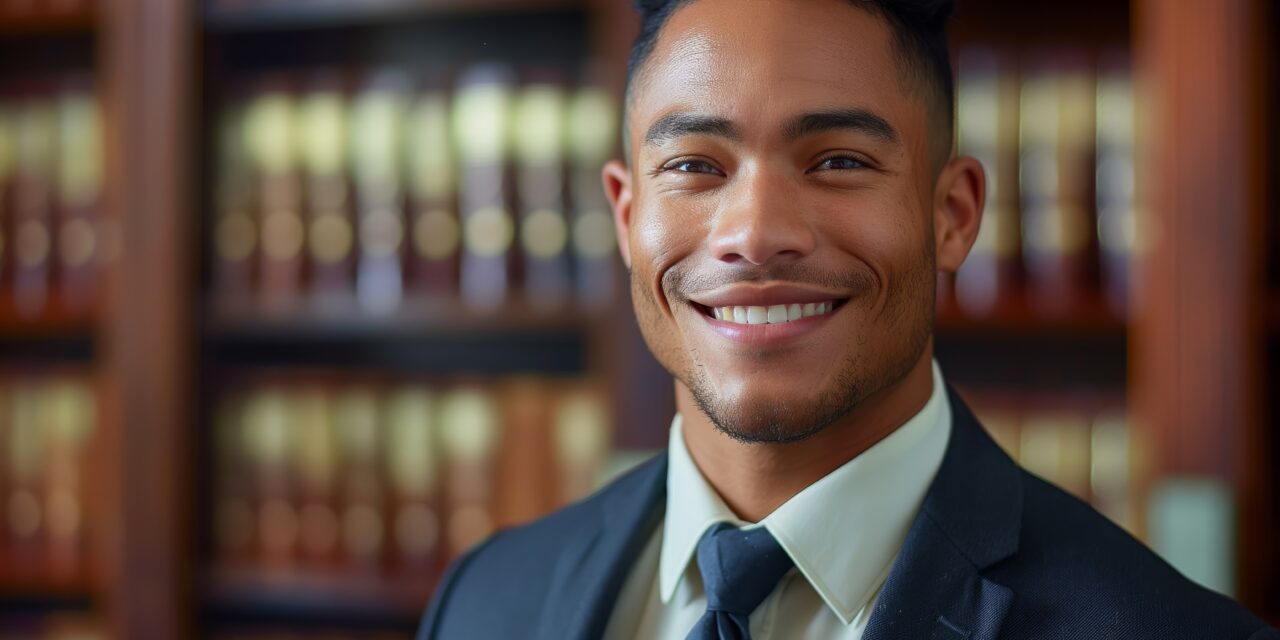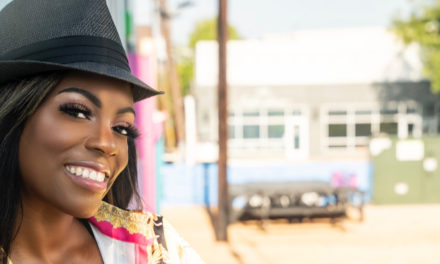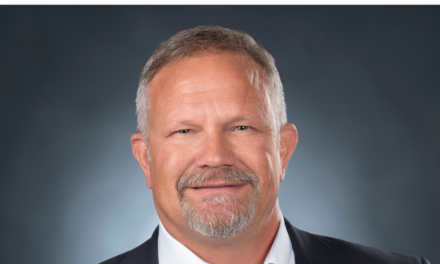Azary Matanov is a dedicated paralegal based in Toronto, Ontario, where he specializes in traffic ticket and criminal defense matters. His journey into the legal field began at the University of Toronto, and he later expanded his qualifications through the College of Alternative Dispute Resolution. Here, he earned certifications as a Commissioner of Oaths and a Notary Public, bringing specialized expertise to his paralegal work.
Known for his attention to detail, knowledge, and patience, Azary is committed to providing accessible, effective legal support to his clients. He assists individuals and families through complex legal processes, offering a steady hand and a compassionate approach. His focus on clear communication and client understanding makes him a dependable resource for those navigating challenging legal situations.
Beyond his professional life, Azary is deeply rooted in his family, who provide him with inspiration and support. His love for dogs reflects his compassionate and loyal personality, traits that resonate both in his personal relationships and professional commitments. A passionate traveler, Azary values the perspectives and experiences gained from exploring new cultures and environments, which he believes enhance his understanding and enrich his work.
Azary’s values of dedication, compassion, and integrity guide his contributions to the legal community and his active role in philanthropic efforts, such as feeding the homeless with the LSO. He continues to impact his community positively, striving to make the legal system more accessible and supportive for those in need.
What drew you to a career in law, and how do you see its role in society?
I was drawn to law because, at its core, it’s about justice and balance. Law is one of the few systems we have that ideally aims to protect individuals and communities by setting standards for what’s fair and right. When law operates as it should, it’s a force for equality, ensuring that everyone’s rights are respected and safeguarded, regardless of status or background. I believe society needs this structure to thrive—without it, we risk losing the balance that allows us to coexist respectfully.
You mentioned justice—how would you define justice, and how does it play into your work?
Justice, to me, is the alignment of actions with fairness and truth. It’s about giving people what they deserve based on their actions and ensuring that no one is wrongfully penalized or denied their rights. In my work, justice means advocating for clients so that they’re treated fairly within the legal system, whether that’s ensuring a traffic offense is handled appropriately or defending someone facing a criminal charge. The goal is always to achieve an outcome that respects both the law and the individual’s humanity.
The legal system can be complex. Do you think this complexity affects justice?
Absolutely. Complexity is a double-edged sword. On one hand, the law needs depth to address the wide variety of situations people face. But on the other hand, this complexity can obscure justice for those who can’t navigate it or afford representation. That’s one reason I became a paralegal—to help people bridge that gap, ensuring they understand their rights and options. Simplicity and accessibility are crucial if we want true justice.
How do you reconcile the law when it seems at odds with your personal values or with the idea of justice?
That’s one of the biggest challenges in law—recognizing that the legal system isn’t perfect and sometimes doesn’t align with one’s personal beliefs. When this happens, I remind myself that while I work within the system, I can still advocate for change. The law evolves, often slowly, but it’s shaped by people. My role is to work ethically within it while pushing, where possible, for improvements that better serve justice and reflect changing social values.
Do you think the law alone can create a just society?
No, I don’t. The law is a tool, but it requires human intention and empathy to use it effectively. A just society is built not only on laws but on the values of the people who interpret and enforce them. It’s also about how communities work to support one another beyond legal boundaries. The law can lay the groundwork, but true justice is a collective effort—it needs compassion, education, and a shared commitment to fairness.
Do you believe that everyone has equal access to justice under the current legal system?
I wish I could say yes, but realistically, not everyone does. Economic, social, and even geographic factors can limit access to quality legal representation and fair treatment. For instance, those with fewer resources might face greater challenges simply because they can’t afford skilled representation or lack knowledge about their rights. One of the biggest barriers to justice is affordability, which can discourage people from even seeking help. Part of my mission as a paralegal is to help make legal support more accessible so that more people, regardless of their background, can find their voice in the system.
How do you view the relationship between law and morality? Are they always aligned?
Law and morality are closely connected, but they aren’t always in sync. Laws are based on a society’s agreed-upon standards, but those standards can shift over time. What’s legally right may not always feel morally just, and that’s where things get complicated. For example, there may be laws that are technically “correct” but don’t feel right from a moral perspective. The law is often a few steps behind social change, so part of our role as legal professionals is to interpret it with an eye toward fairness and, where possible, push for reforms that align it more closely with evolving moral values.
In your experience, what role does empathy play in the legal field?
Empathy is fundamental. The law might be built on logic, rules, and structure, but legal cases involve real people with unique struggles. Empathy helps us see beyond the facts on paper and understand the person behind the case. It guides us to handle situations with humanity, to listen to our clients fully, and to offer solutions that respect their experiences and concerns. A lawyer or paralegal without empathy risks becoming too mechanical, focused solely on outcomes instead of people. I believe empathy allows us to practice law in a way that honors justice and compassion equally.




